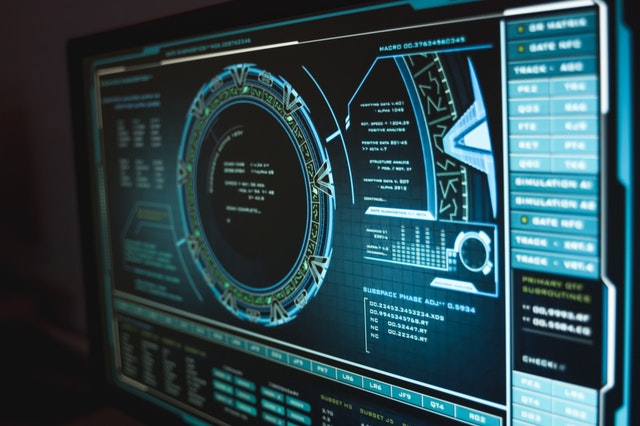Cyber attacks are the bane of any computer system that is connected to the internet. They are deliberate, offensive attempts by an individual or group of individuals to breach the information system of someone else or an organization. This means that, as long as cyberattacks exist, your PC and the information on it are vulnerable to the actions of malicious people that target you or your organization.
One of the worst tragedies of cyberattacks lies in how easy it is to fall victim. It could be by you innocently clicking on a link from what seems to be a credible source – like an email. You could also be a victim of a man-in-the-middle attack where hackers pretend to be a middleman between you and a trusted party, (for example, your bank) to filter and steal sensitive information.
There is also a chance of falling victim to web attacks when you log on to sites that will download Trojanware into your PC.
The individuals or groups who engineer and execute these attacks are referred to as Hackers. Hackers could find backdoors and loopholes to access your networks for different reasons. It could be to get some of your private information, or it could be to steal money from you. In some cases, hackers even find vulnerabilities just to show off to other hackers.
Some cyberattacks often lead to the loss of valuables digitally, while others lead to extensive damage. Hackers could blackmail or exploit your vulnerabilities further if you do not take proper steps to protect yourself. This is why you have to properly safeguard your PC from cyberattacks.
Ways to safeguard your PC from Cyberattacks
Invest in an Antivirus software
Antivirus software like Kaspersky, Avast, Microsft Security Essentials, and others defend your computer against unauthorized entrances from various types of malicious software that could terrorize your operating system.
It is important to know that your system can be attacked by other connections and that you are not only prone to attacks on the internet. Yes. You are vulnerable to attacks when you attach a USB drive that has some malware or you connect to an insecure database.
Well, thankfully, your Antivirus is there to protect you from such attacks. Anti-viruses run regular scans of your computer system and help block programs or files that are malicious and could cause harm to your files.
They also scan any external memory space that is inserted into your PC, to enable safe access to your files without any threats to your computer.
Use complex passwords
Passwords are most important when trying to put a stop to network intrusions. Using something as easy to guess as your date of birth for your password is not very cautious. Think of more complex/secure passwords.
To create a very secure database, choose passwords with both uppercase and lowercase letters. And to make your passwords even stronger, include numbers and symbols.
It is not advisable to not reuse passwords even if they are the most secure you could think of. Think of it this way, if you use just one password, and a hacker eventually figures it out, they would have access to everything.
Pro-tip: However complex you make your password, ensure it is something you can remember. You want to lock the hackers out from accessing your information, not yourself!
Always update your operating system
Keeping your operating systems, browsers and apps up-to-date is another way to safeguard your computer from a cyber attack. Companies send updates for operating systems and applications regularly. Some of these updates contain bug fixes and security patches that have studied loopholes that hackers are using and have found a way to close them.
Also, the oldest versions of any applications are the most prone to attacks. So to remain on the safe side with all your information intact, ensure you install updates to your software whenever they are available.
Get anti-spyware
Spyware is a kind of malicious software that clandestinely monitors and steals your personal information. The most common way a spyware attack would begin is by downloading an email attachment from an unknown source.
It is a slow-burn kind of attack. It patiently and slowly collects key actions and keywords that could help reveal your passwords to sensitive data like financial information.
Anti-spyware packages provide real-time protection by examining all incoming information and blocking threats to your computer.
Watch the sites you visit
Some websites are just plainly harmful. They are loaded with spyware and other viruses and lure unsuspecting users to download them to their computers. You should be wary of these websites and install anti-virus extensions on your PC. This will help ensure that you get some warning when you are about to enter sites like that.
Also, watch the things that you download from the internet. Do not download attachments from emails that you do not recognize. Also, do not install software from dubious sources. You can always get software from your app store or other trusted services.
Safeguarding your system is usually an unending process, and you would have to ensure that you and your private information aren’t vulnerable at any point in time. Even with the above-listed steps, there are complexities like getting the right anti-virus and setting it up on your PC or several computers in your organization. For this, you would need to find IT professionals to assist you.
Well, if you live around Greater Pittsburgh, you are in luck. Jelnic offers IT services for individuals and small businesses in the area and can provide all that you need to protect your computer against cyberattacks. You can visit our website to learn more or contact us for our services.

